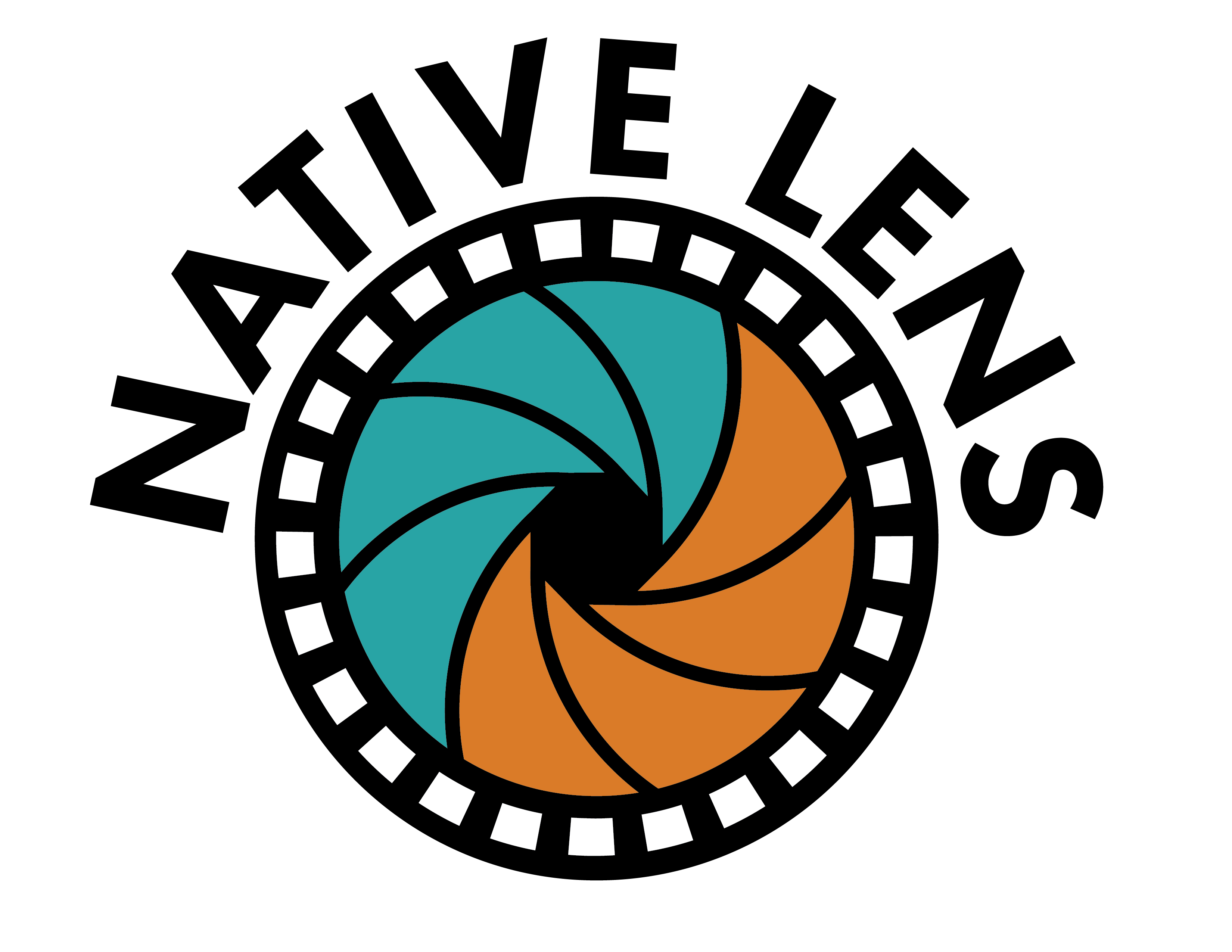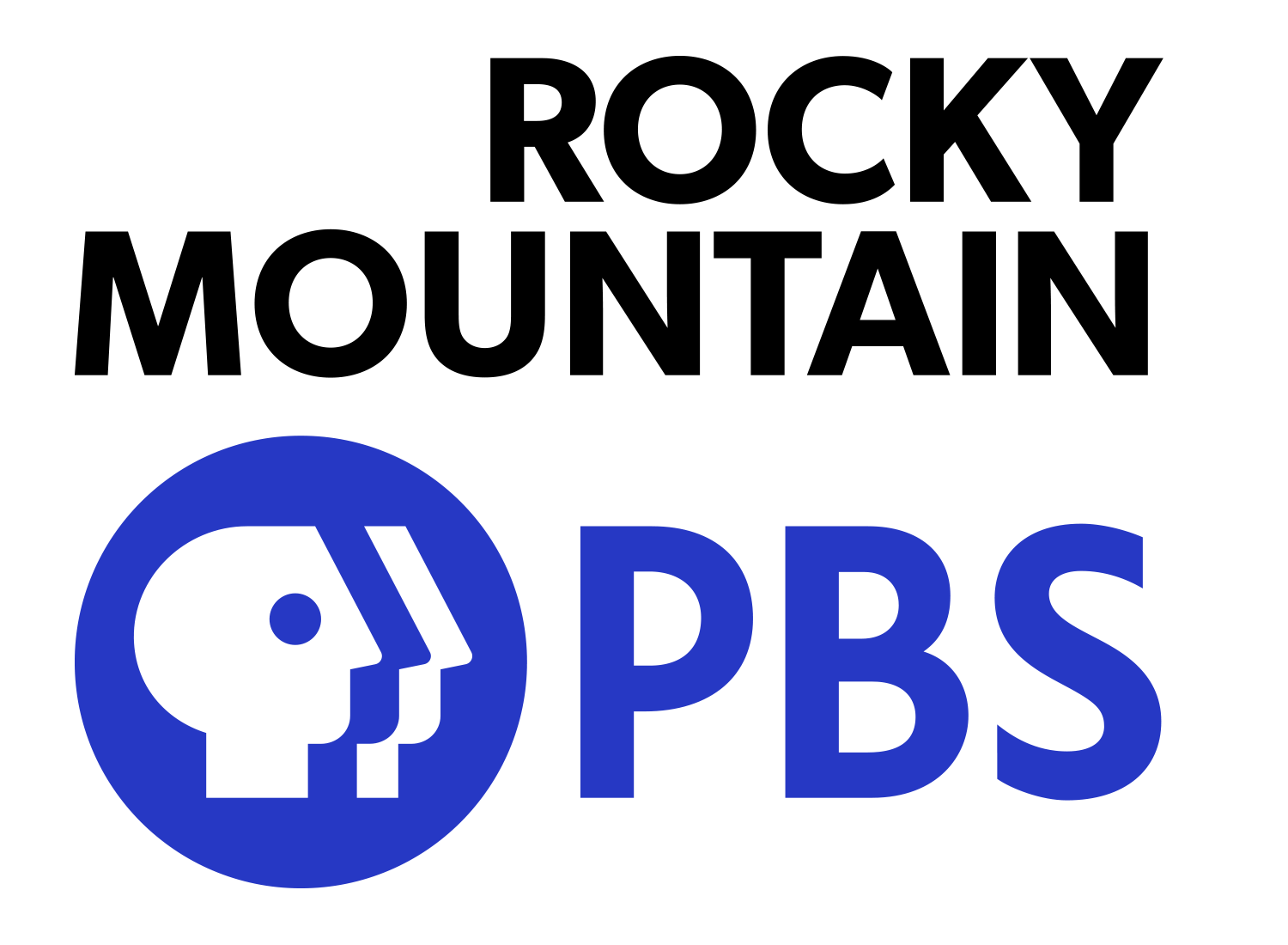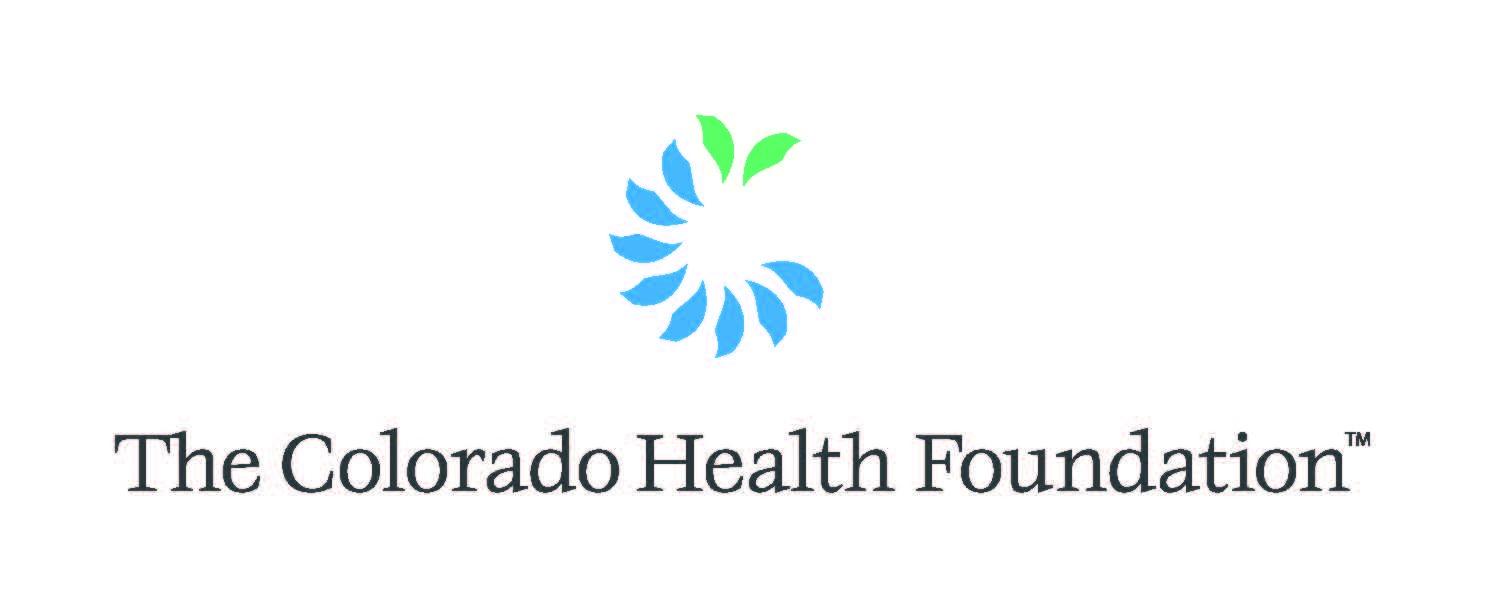
Rocky Mountain PBS
Native Lens: Mi’gwidelmag gnitjgamitj (Remembering Our Grandpa)
Amplifying Indigenous Voices: Share Your Stories with NATIVE LENS
Native Lens is a collaborative film and video project that provides training initiatives and showcases films produced by Indigenous peoples in North America. By sharing firsthand Native perspectives, Native Lens works to amplify Indigenous stories through the lens of film.
On this page:
How to Participate
Participating is easy:
- Read the call for stories and content guidelines.
- Grab your phone or camera and record your story.
- Complete the submission form and upload your work
- Questions? Contact project coordinator Colleen Thurston at colleen@nativelens.org or call 520-235-1013 if you have questions or need filming or uploading support.
Watch Stories
Rejuvenation Round Dance
Organizer Dustin Beaulieu, a few colleagues and the Flandreau Santee Sioux Tribal Council began planning a Rejuvenation Round Dance, which had not been done in Flandreau in over 40 years.
Native Lens: Cheyenne Williams
College student Cheyenne Williams interviewed their grandmother about growing up Muscogee on the Navajo Nation and found more than they expected.
Native Lens: Trennie Collins
Much debate has occurred throughout 2020 surrounding a cartoonish statue known as “The Chief” in downtown Durango.
Native Lens: Ashley Nicole
Ashley Nicole is of Abiquiú heritage. Her film features her father, Antonio Garcia, a Genízaro from Abiquiú in northern NM.
Native Lens: Erik Sanchez
Artist Erik Sanchez is a Shoalwater Bay Indian from the mouth of the Columbian River in Tokeland, Washington. His film talks about life during coronavirus.
Native Lens: Cheyenne Williams (Voting PSA)
My name is Cheyenne Williams, I am Muscogee (Creek) and I am passionate about bringing awareness of voting to Native Americans and our cultures.
Rocky Mountain PBS
Native Lens: Newton Onco
Newton Onco honors the memory and love for his mother through storytelling.
Rocky Mountain PBS
Native Lens: Justine Teba (The Red Nation)
Justine Teba creates a visual collage to the voice of Cleo Otero, a leader in mutual aid efforts through The Red Nation (TRN).
Rocky Mountain PBS
Native Lens: Junior Robinson
Junior Robinson's NATIVE LENS film features a traditional dance group, Grupo Tlaloc Danza Azteca, based out of Denver, Colorado.
Native Lens: Andreita Gonzales
Caring for her garden and ducks, and hosting drive-through Feast Days are some of many ways Andreita honors her family and Pueblo through the Covid-19 pandemic.
Native Lens: Darrah Blackwater
A recent UA law school graduate discusses the digital divide and lack of broadband internet in rural Indigenous communities.
Native Lens: Tiara Collins
Visually telling what life has been like during the pandemic for one family on the Navajo Nation, a gratitude for traditional ways of life is celebrated.
Colleen Thurston
Project Producer
Colleen Thurston (Native Lens Project Producer) is an award-winning documentary filmmaker, educator and programmer from Tulsa, Oklahoma. As an Indigenous non-fiction storyteller, her films tend to explore the relationships between humans and the natural world and focus on Native stories and perspectives. She holds an MFA in documentary filmmaking from Montana State University, where she also earned a graduate certificate in American Indian Studies. Her BA in Media Arts and Anthropology is from the University of Arizona. With over a decade of experience in the Native film industry, Colleen has worked for the Smithsonian’s National Museum of the American Indian and the Smithsonian Channel and has produced and crewed documentaries for museums, public television stations and federal and tribal organizations. Her work has been supported by ITVS, Vision Maker Media, Firelight Media, Nia Tero, Sundance Institute and the Redford Center. Colleen also curates film and storytelling events, with an emphasis on Indigenous film. In addition to her work as Project Producer for Native Lens, she is a programmer for Hot Springs Documentary Film Festival and is an Assistant Professor at the University of Oklahoma where she teaches documentary studies and film production. Colleen is a 2022 Sundance Indigenous Film Fund Fellow and a citizen of the Choctaw Nation of Oklahoma.
Colten Ashley
Tribal Media Center Coordinator for KSUT Public Radio
Colten is a Diné filmmaker from the Four Corners and has worked in the motion picture industry for a decade for such companies as ESPN, ABC, Hallmark, BYUTV, and has contributed to work that has appeared at the Sundance and Glasgow Film Festivals as well as airing on KUED, Utah PBS. In addition to his work in film and television, Colten has mentored students at the college and high-school level interested in working in film and TV. He has also worked for over three years training and running workshops about film lighting, camera operation, non-fiction storytelling, and screenwriting for youths and young adults. He loves physical media, talking about movies, excursions into the desert, and traveling with his spouse.
Charine Gonzales
Lead Editor
Charine Pilar Gonzales (San Ildefonso Pueblo) is a Tewa writer/director and the Lead Editor for Native Lens. She was a 2021 Sundance Institute Indigenous Program Native Lab Artist in Residence, an Artist in Business Leadership Fellow through First Peoples Fund and a Jackson Wild Media Lab Fellow. She is currently a 2022 NAMA / LA Skins Fest TV Writers Lab Fellow. She is a recent graduate of the Institute of American Indian Arts (IAIA) where she earned a BFA in Cinematic Arts and Technology. Gonzales is also an alumna of Fort Lewis College in Durango, Colorado.
Sheila Nanaeto
Creative and Cultural Consultant
Sheila is a Southern Ute Tribal member from Ignacio, CO and Station Manager of KSUT Tribal Radio. In the spring of 2000, she started as a weekly on-air host of the “Native Morning Show” – utilizing the airwaves as an outreach tool for her position as Environmental Specialist of the Southern Ute Tribe. Sheila currently provides oversight of all Tribal Radio activities and has provided input for media projects including as co-producer of “Native Braids” & Media Trainer for the Public Relations Department of the Ute Mountain Ute Tribe.
Tanaya Winder
Engagement and Cultural Consultant
Tanaya Winder is a poet, vocalist, writer, educator, and motivational speaker from the Southern Ute, Duckwater Shoshone, and Pyramid Lake Paiute Nations. She received a BA in English from Stanford University and after completing her MFA in creative writing from the University of New Mexico, she co-founded As/Us: A Space for Women of the World, a literary magazine publishing works by Indigenous women and women of color. In 2015, she co-founded the Sing Our Rivers Red traveling earring exhibit to raise awareness about murdered and missing Indigenous women and girls. Her advocacy also includes working with Native youth and reservation communities as the Director of the University of Colorado at Boulder’s Upward Bound program, which serves approximately 103 Native youth from across the country. She is a 2016 National Center for American Indian Enterprise Development “40 Under 40” list of emerging American Indian leaders recipient and a 2017 First Peoples Fund Artists in Business Leadership fellows. Her debut poetry collection Words Like Love was published in 2015 and her chapbook Why Storms are Named After People and Bullets Remain Nameless was released in 2017. She believes in creating the spaces that are needed in this world and so she founded an Indigenous artists management company and collective called Dream Warriors, where they can uplift and empower others. Learn more about her work at www.tanayawinder.com and on YouTube.
Crystal Ashike
Digital Content Editor and Digital Media Specialist for Native Lens and KSUT Tribal Radio
Crystal is an enrolled member of the Navajo Nation and graduated from Fort Lewis College. She was a reporter for Global Press Journal and Navajo Times. She aims to create a national audience for Tribal Radio by managing the website and social media platform. Besides geeking out in the digital world, she is a happy mother of three children.
Carol Fleisher
Senior Producer, Creative Lead
Carol has spent the last forty-five years making documentaries for television. Her films have garnered Emmy Awards, Humanitas Prizes, The Writers Guild of America Award, and many more. She has produced for every major broadcast and cable network including PBS, National Geographic, Discovery, and NBC. Carol also teaches documentary filmmaking at Fort Lewis College in Durango. Over 40% of the students are Native American/Indigenous and have faced particularly difficult challenges during the pandemic. This was part of the inspiration to create Native Lens.
Tami Graham
Project Manager, Creative Lead
In her role at KSUT, Tami successfully raised over $2.5 million, resulting in the radio station moving into a new 5,000 square foot multimedia facility. Prior to that role, Tami was a nonprofit consultant, professional mediator and facilitator over the course of 15+ years. In 1996, Tami was awarded Woman of the Year at Fort Lewis College in Durango, Colorado for her leadership as Station Manager of KDUR Community Radio.
About Native Lens
Mission
Native Lens is a collaborative film and video project hosted by KSUT Tribal Media Center and Rocky Mountain PBS. The project provides training initiatives and showcases films produced by Indigenous peoples in North America. By sharing firsthand Native perspectives, Native Lens works to amplify Indigenous voices through storytelling.
Vision
Imagining the Four Corners as a vibrant media landscape prominently featuring Indigenous narratives. Creating a regional, multimedia consortium of media organizations with the capacity to produce content on the Four Corners for a regional and national audience.
Partners
Rocky Mountain PBS
Native Lens is led by Rocky Mountain PBS’ (RMPBS) Regional Innovation Center in Durango, Colorado, based in the Ballantine Media Center at Fort Lewis College. The project supports RMPBS’ mission to ensure all Coloradans’ stories are seen and heard.
KSUT Tribal Radio
KSUT Tribal Radio broadcasts a variety of programming, including news, cultural affairs, community events, and Native American music from the land of the Southern Ute Indian Tribe. KSUT is an NPR affiliate station.
Sponsors
The Colorado Health Foundation
The Colorado Health Foundation believes health is a basic human right. We know that stories can help illustrate the far-reaching impact of health disparities, and storytelling can play a unique role in advancing conversations about health equity.
Learn more at coloradohealth.org
Fort Lewis College
Because of its unique origins as a military fort turned Indian boarding school turned state public school, Fort Lewis College and the State of Colorado provide a tuition waiver for qualified Native American students. Over 170 Native American tribes and Alaska Native villages are represented among FLC’s Indigenous students.



